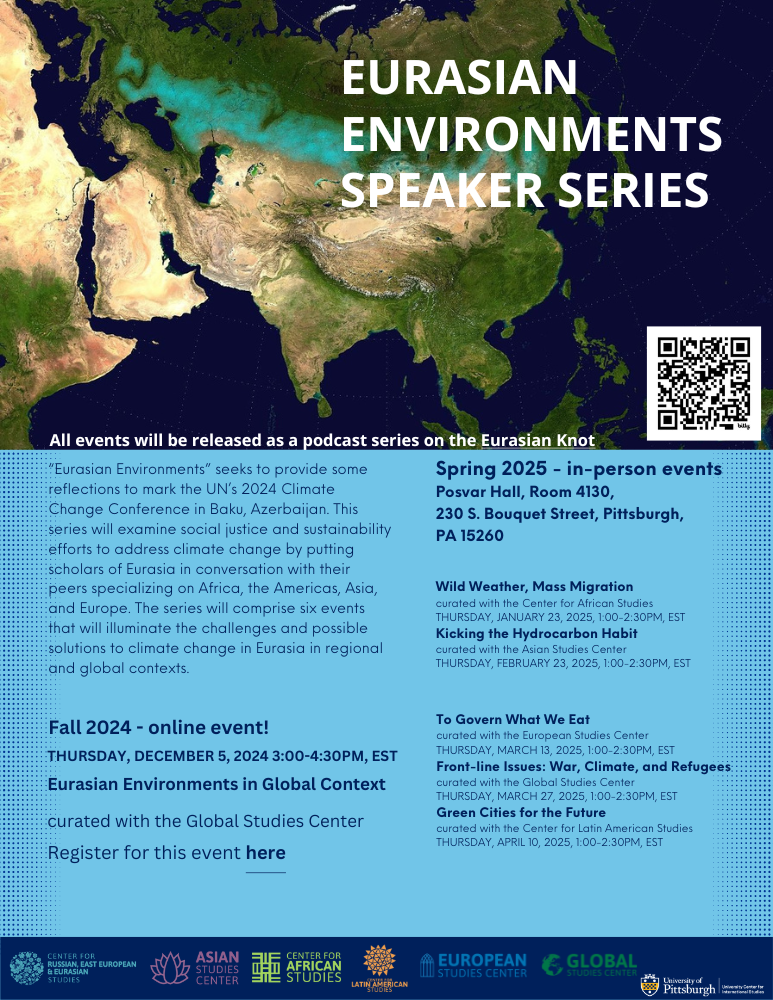Present discussions about the catastrophic and rapid changes now underway in the earth system—transformations that include the mass extinction of species, the inundation of cities, and the collapse of entire ecosystems—focus largely upon concepts like sustainability, mitigation, and resilience. After all, the continued existence of human life on earth may, in fact, depend upon efforts to geoengineer the atmosphere or the reefs, and it is understandable that we wish to protect the remaining members of beloved nonhuman species.
In recent years, “the Anthropocene” has emerged as a framework for integrating scholarship across the arts, humanities, and social and natural sciences in a conversation about our unequally shared ecological predicament. While the Anthropocene usefully focuses our attention on the long history of humans shaping and being shaped by nature, it also erases the operations of capitalism and racism in the making of the contemporary world and obscures the myriad ways in which climate change is differentially produced and experienced by differently situated people around the globe.
The Global Studies Center’s “Critical World Ecologies” initiative assembles an interdisciplinary group of scholars, activists, artists, curators, policy-makers, and writers from on and beyond our campus to explore the broad transnational and world-historical processes that condition how humans think about and exploit nature as well as the contemporary social, cultural, economic, and political relations through which environments are continually reproduced. We want to explore the ethical, epistemological, and artistic challenges of doing theory and history in times of profound global climatic upheaval and transformation and consider how to balance the urgency of our predicament with the need for critical reflection. We are interested in topics such as:
- unrestricted capitalism, plantation economies, decolonization, and white supremacy;
- historical and contemporary relations of colonialism and imperialism and their ecological impacts;
- post-communist environmental reckonings;
- slow violence and environmental injustice;
- adaptation strategies such as degrowth, reparation, restitution, and human rights;
- ecological impacts of modern slavery, trafficking, and labor exploitation;
- the normative, political, and psychological significance of loss;
- ecological sovereignty and democracy;
- the fragility of existing social, political, and economic arrangements.









